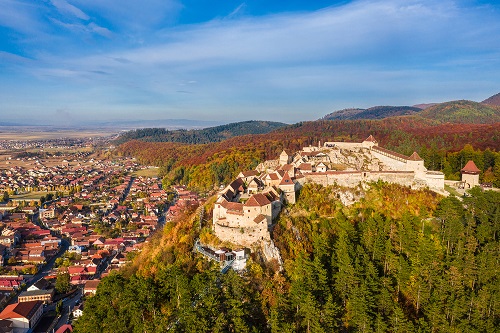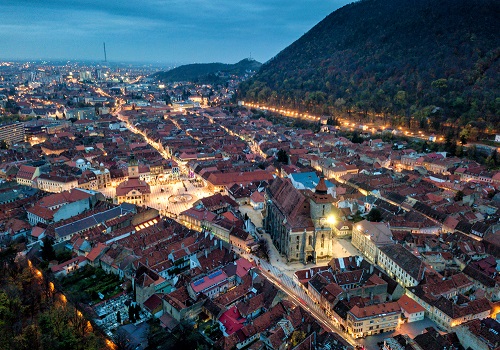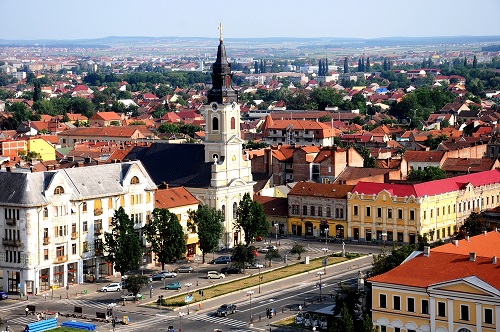Romania experiences considerable challenges when it comes to its national healthcare system, and, unless you are involved in an emergency and need urgent treatment, it is advisable to seek both dental and optical care in the private sector. We will look at some of your options below.
How to register with a dentist
You can find a local dentist online. Alternatively, you may want to contact your local expat community for recommendations, particularly if you are intending to have corrective or cosmetic treatment during your stay in Romania. You will find that there are more options available in the cities, particularly in Bucharest.
To what extent does national insurance cover dentistry?
National insurance covers one free check-up per year, as well as some other services, but more sophisticated dental treatment is usually not covered. It is advisable to avoid the public sector if you can. Infrastructure and equipment are not up to Western standards, and corruption is unfortunately rife.

Accessing private dental treatment
You will find plenty of choice in the private dental sector, and it is estimated that, overall, prices are up to 30% lower than in the UK. Here are some sample quotes:
• Scaling: €30
• Filling: €30
• Extraction: €35
• Wisdom tooth extraction: €110
• Implant: €450 to €750
• Crown: €190 to €320
• Veneers: €350
• Whitening: €230
Some medical tourist operators offer hotel packages, and they may also be able to offer advice on flights.
Check for references, qualifications and testimonials. If your private policy covers dental treatment, check with your provider to see what is covered. Also, check with the clinic to make sure that they will accept your insurance.
Make sure you are aware of any hidden costs, and discuss the full details of your chosen treatment with the clinic. For example, if you are visiting the country specifically for the treatment, find out how long you will need accommodation for, whether there will be any follow-up appointments, etc.
Many medical personnel in Romania are bilingual, as they have worked or trained elsewhere in Europe, but do not count on all medical personnel speaking English.
How to register with an optometrist in Romania
If you are looking to register with an optometrist, you may want to ask your local expat community for recommendations, or you could find a clinic online.

To what extent does national insurance cover optical care?
As mentioned above, you are best advised to seek optical care in the private sector in Romania. You should have little difficulty in accessing independent opticians, particularly in the cities.
There are also some chains, such as Optiplaza. Founded in 2004, Optiplaza provides a variety of eye care products (including prescription glasses, contact lenses and sunglasses) and services. It has more than 40 stores, both Optiplaza and Optica Express, across the country, and it operates mostly in shopping malls in Bucharest and other cities. It also sells its optical products online.
Accessing private eye treatment
You will find quite a lot of choice in the private sector for optical care. Ama Optimex, founded in 1991, was one of the first private ophthalmology clinics in the country. The clinic treats over 20,000 patients, performs over 3,000 surgical interventions every year, and offers patients full ophthalmological consults and investigations and surgical interventions.
The most common current laser techniques used in optical corrective surgery are PRK, Lasek, LASIK, and SMILE. The most frequently used technique worldwide is LASIK. You will find that both LASIK and PRK are widely available in Romania. Some quoted costs for LASIK are from €2,000 to €6,000. Cataract surgery costs from around €280 to €500. Consultations cost up to €25. A vitrectomy (the removal of floaters in the eye) costs between €100 and €150.
Prices will vary depending on the clinic, and you can contact providers to get a more precise idea of what you will need to pay. Make sure you check references, qualifications and outcomes; your sight is extremely important.

